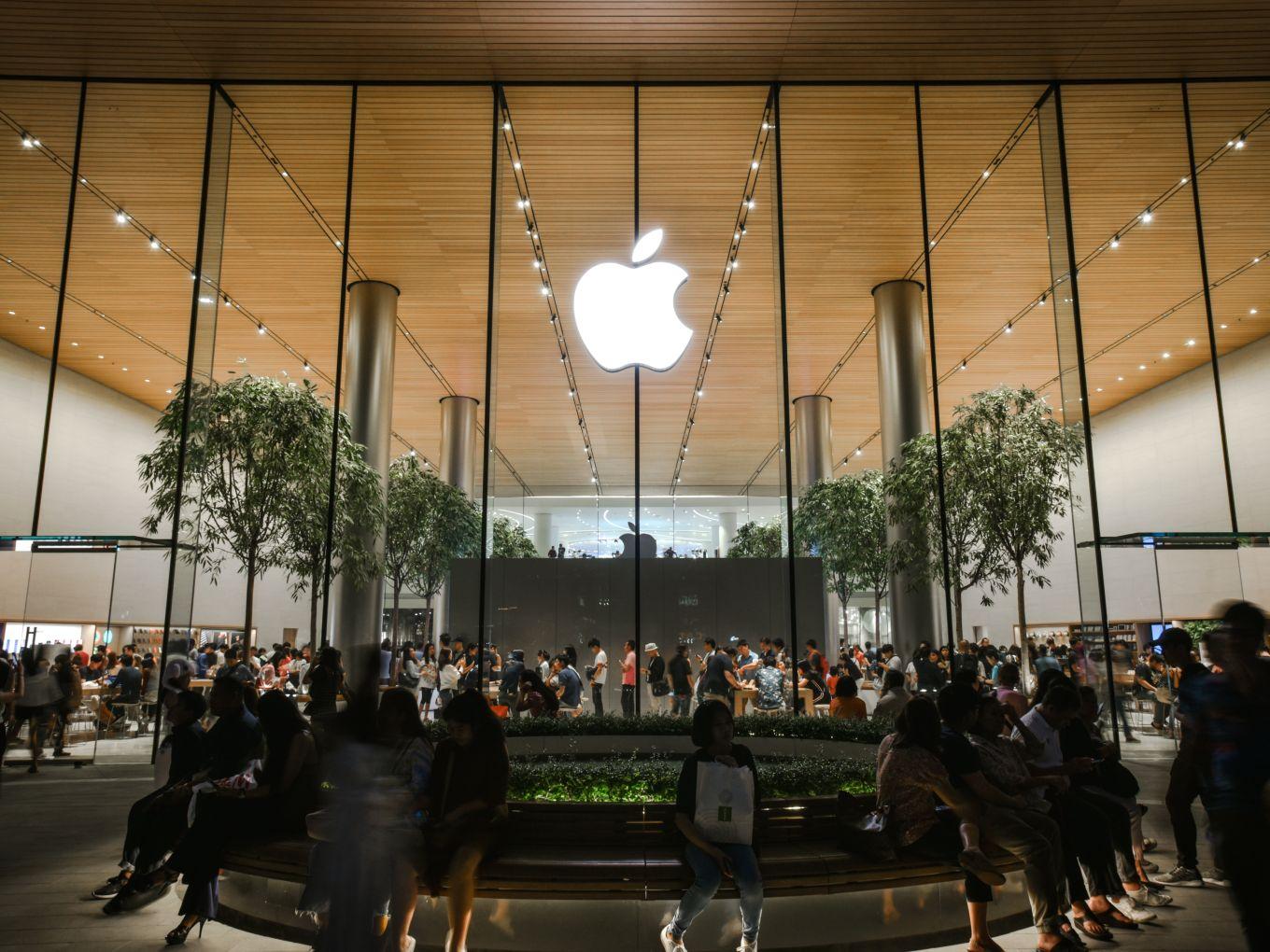
The company has shortlisted sites in Mumbai for the first Apple Store in India
Apple’s single-brand retail outlets have been delayed due to local sourcing norms
Retail outlets and local manufacturing are part of Apple’s efforts to boost market share
To tackle declining sales of iPhones and address its shrinking market share, Apple is finally one step closer to bringing its retail outlets to India. The company had a mere 1.2% of market share till December 2018. But part of its long-term plans for India is retail and the company has now shortlisted locations in Mumbai to set up the first Apple Store in India, Bloomberg reported.
Apple Stores have always had iconic design and architecture, and the company’s Mumbai outlets will reportedly rival its flagship stores in New York, London and Paris.
Apple’s retail push has been in the works for many years, but so far it has had to settle for resellers and multi-brand outlets to reach customers in the retail segment, besides selling its devices on ecommerce marketplaces. Apple has been in discussions with the Indian government for permission to open its single-brand retail outlets, though India’s demands that Apple complies with local sourcing mandates have delayed any such launch.
In a bid to move more production to India, Apple began manufacturing more and more iPhones in India, starting with low-end models such as iPhone 6 (released in 2014) and moving to higher-end iPhone 8 and iPhone X phones last year and earlier this year. According to the Bloomberg report, Apple will resume its discussions with the Indian government after the results of the General Elections are announced and a new government is formed.
Apple Stores To Supplement Make-In-India Efforts
An estimate by Canalys says Apple’s iPhone shipments to India declined by more than 75% in Q1 2019. Globally as well, iPhone shipments fell 23% on the back of global smartphone slowdown. A large part of this is due to the relatively higher market price of iPhones in India, compared to other premium smartphone brands such as Samsung, Huawei and OnePlus.
After Apple reported earnings in May, CEO of the Cupertino, California-based company, Tim Cook, said that “India is a very important market in the long term. It’s a challenging market in the short term, but we’re learning a lot. We plan on going in there with sort of all of our might.”
Experts believe that Apple Stores are a key part of its premium product strategy, which has delivered success in the US and Europe. Apple is counting on the typically-polished Apple retail experience to help make the same difference in India. While domestic manufacturing is a vital part of Apple’s future plans to increase market share through price-based competition, dedicated Apple Stores will help the company keep up its premium brand image, even as iPhones get cheaper.
By moving a lot of its manufacturing capacity to India, Apple is looking to effectively reduce the price of iPhones by availing the Make-in-India manufacturing subsidies. At the moment, 20% duty on the full price of a unit is levied on every iPhone shipped from the US or China to India. Setting up a local manufacturing unit is one of the mandatory conditions in the government’s local sourcing policy for single-brand retail stores.
Apple’s longtime manufacturing partner Foxconn has expanded its India base and is also running quality tests for the iPhone XR model in India, with mass production for the device planned soon.
Battling Chinese Dominance In India
By 2022, the number of smartphones users in India is projected to grow to 829 Mn, according to a Cisco study. This means India’s appetite for smartphones is not about to wane anytime soon, but Chinese smartphone makers such as Xiaomi, Honor and BKK Electronics’ Vivo, Oppo, OnePlus and Realme brands are dominating the mass smartphone market. On the premium end of the spectrum, Samsung is the top player followed by Huawei and OnePlus in terms of the number of shipments — Samsung had a market share of 77% in the INR 30,000-plus segment, which is the segment Apple is looking to grab a bigger slice of the pie.




 Fintech
Fintech Travel Tech
Travel Tech Electric Vehicle
Electric Vehicle Health Tech
Health Tech Edtech
Edtech IT
IT Logistics
Logistics Retail
Retail Ecommerce
Ecommerce Startup Ecosystem
Startup Ecosystem Enterprise Tech
Enterprise Tech Clean Tech
Clean Tech Consumer Internet
Consumer Internet Agritech
Agritech




























